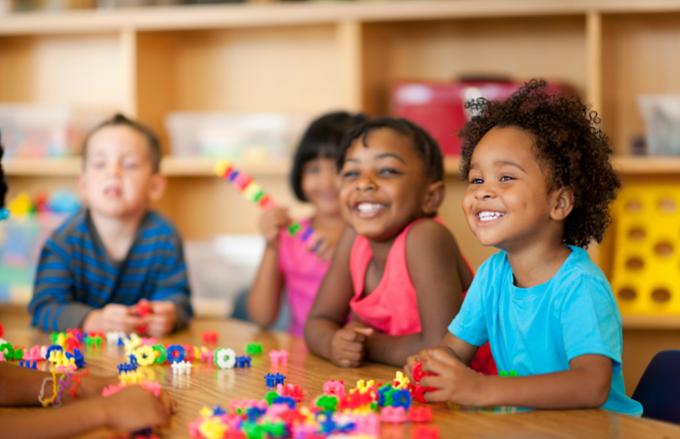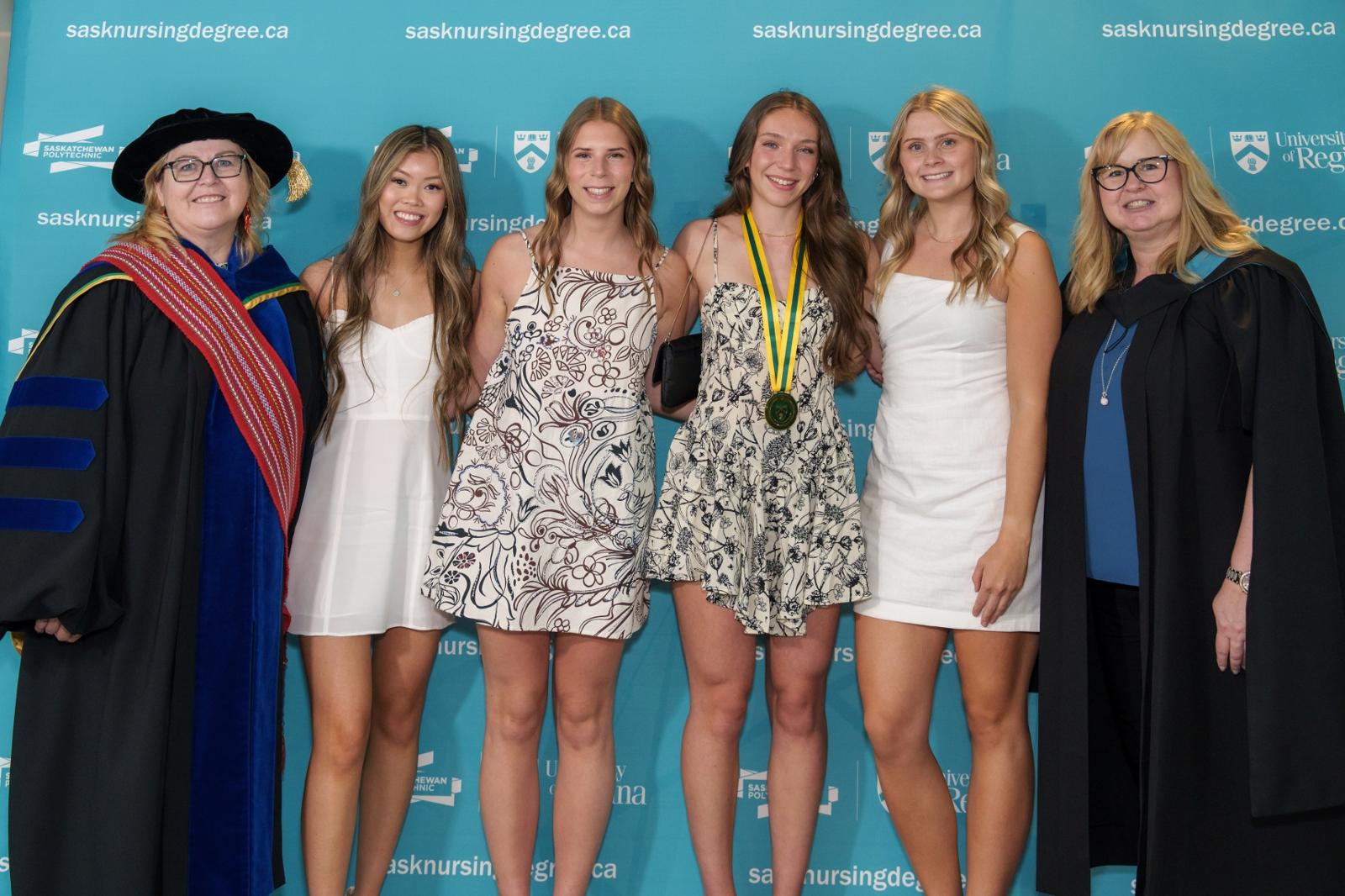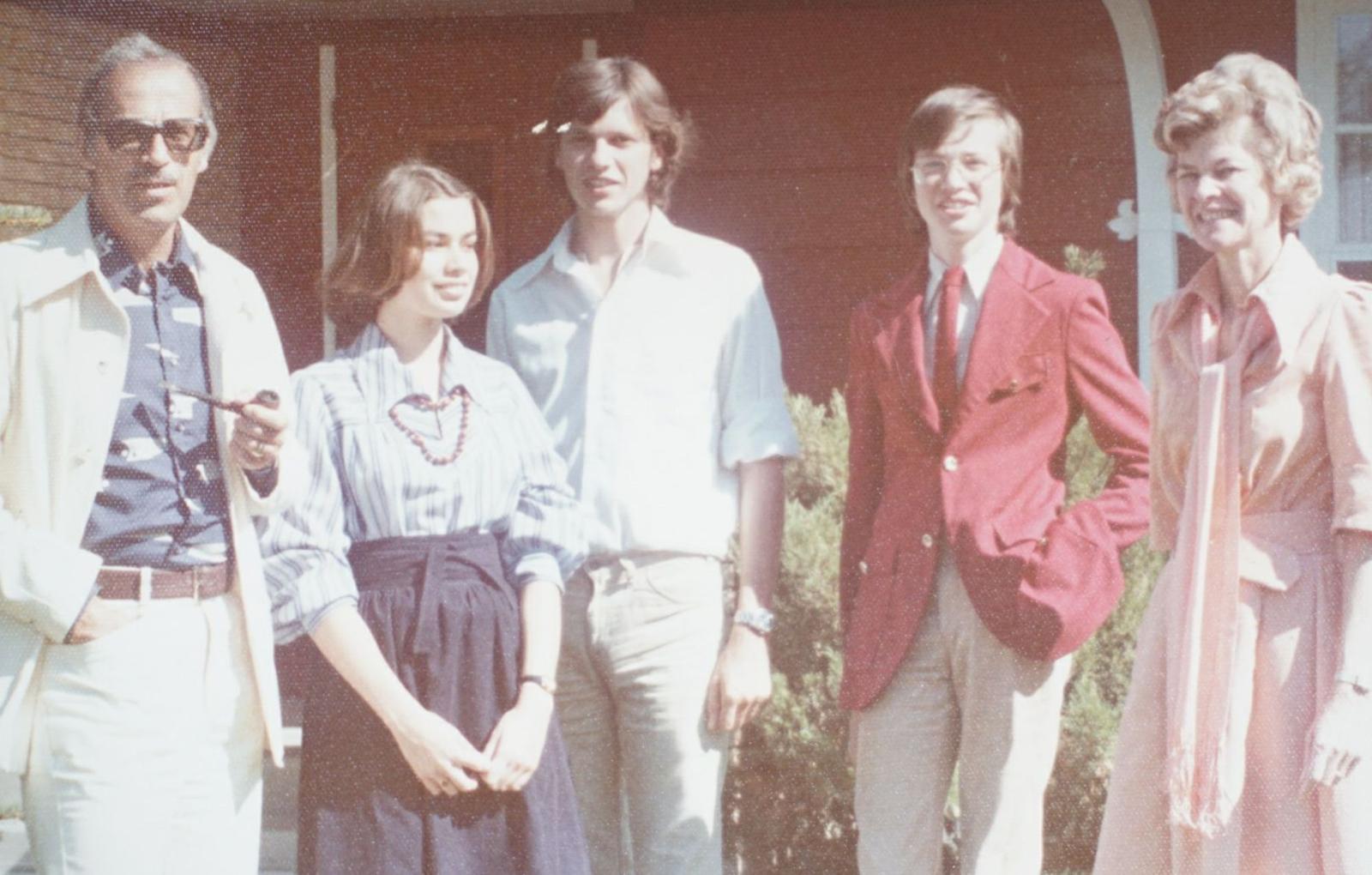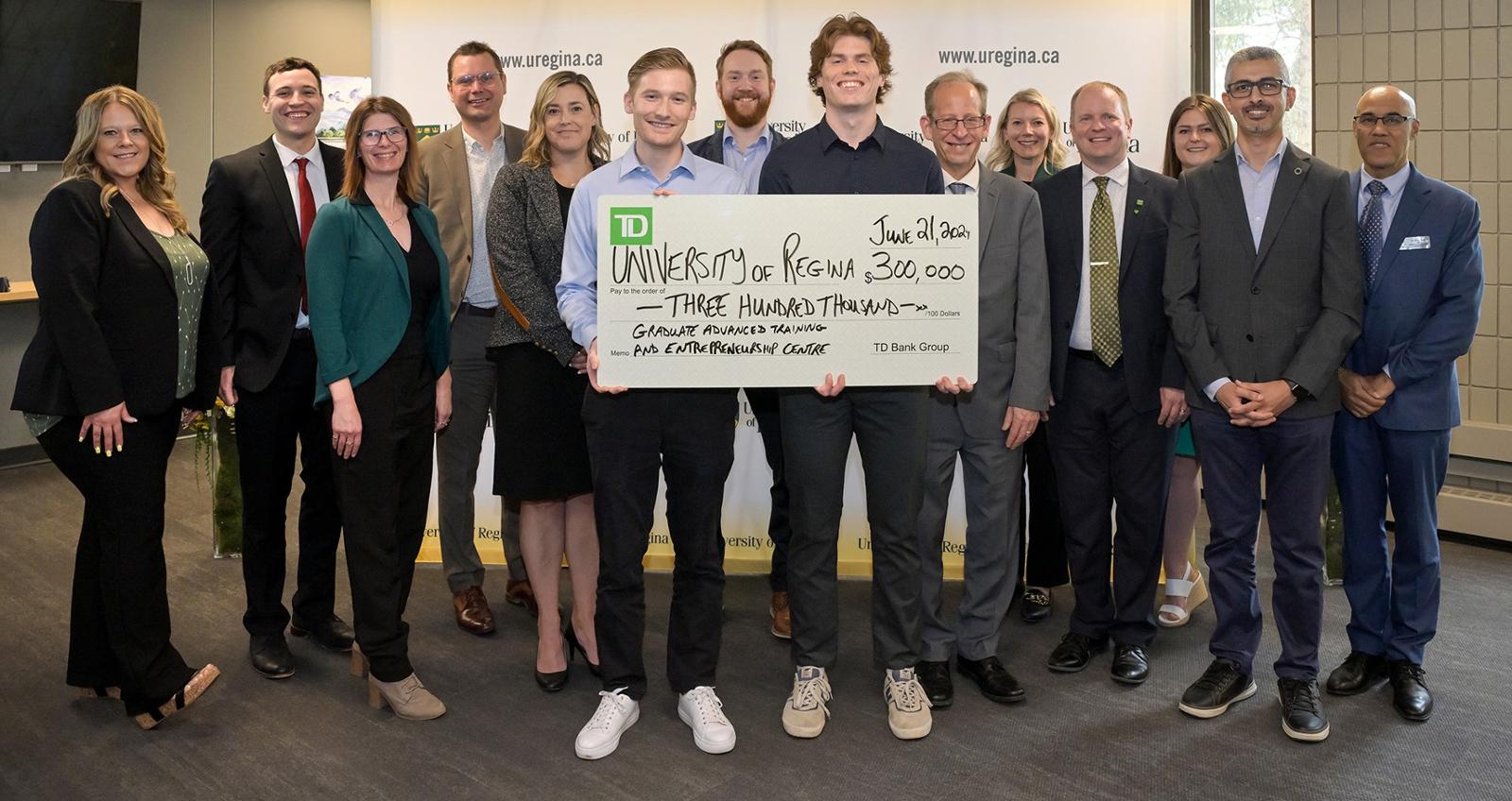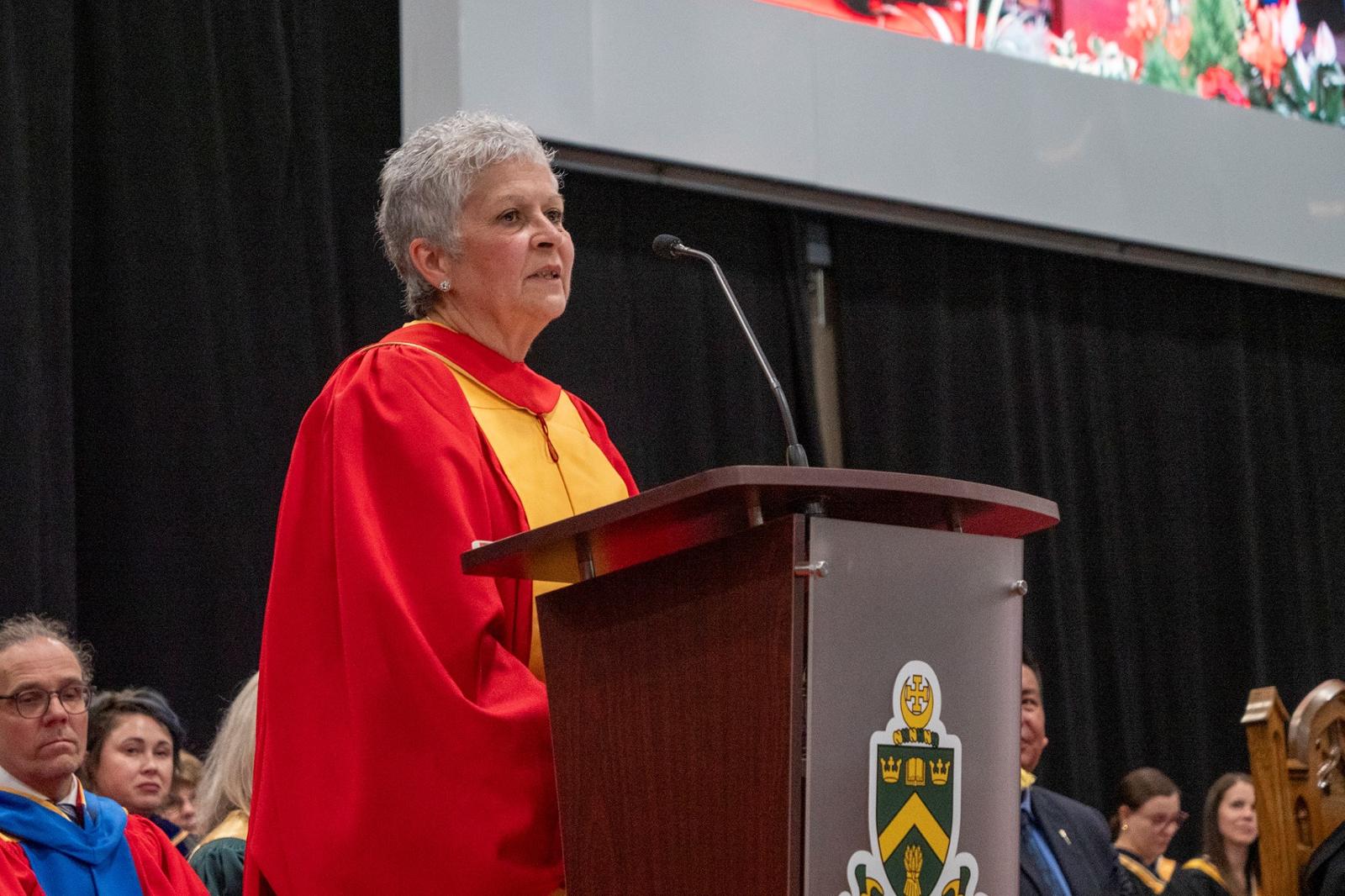For Jessica Shirley, a Learning Resource Teacher at a Regina elementary school, having the skills and knowledge to create a safe and welcoming place for all students is crucial — but not always easy. In her role, Shirley interacts with every student in the school and is the main point of contact for newcomer families.
The three courses I took enhanced everything I learned in my previous university courses. I walked away inspired and ready to make an even bigger difference. — Raylene Forseth, Mental Health Consultant, Saskatchewan South East Cornerstone School Division
“Our student body is more diverse than ever and unfortunately many students have experienced traumatic events including parents struggling financially, abuse of some form or as newcomers to Canada from a region of conflict.”
Shirley says she found the extra help she needed in new trauma-informed courses developed in partnership between the University of Regina’s Centre for Continuing Education, the Child Trauma Research Centre (CTRC) at the U of R, and Saskatchewan Teachers’ Federation Professional Learning. She took part in the pilot program and says it made an immediate impact on how she approaches her work.
“The resources and activities were amazing. I literally implemented what I learned the next day by putting greater focus on meeting students where they’re at, swapping out books and posters for ones depicting greater diversity, altering lesson plans, and de-colonizing my classroom.”
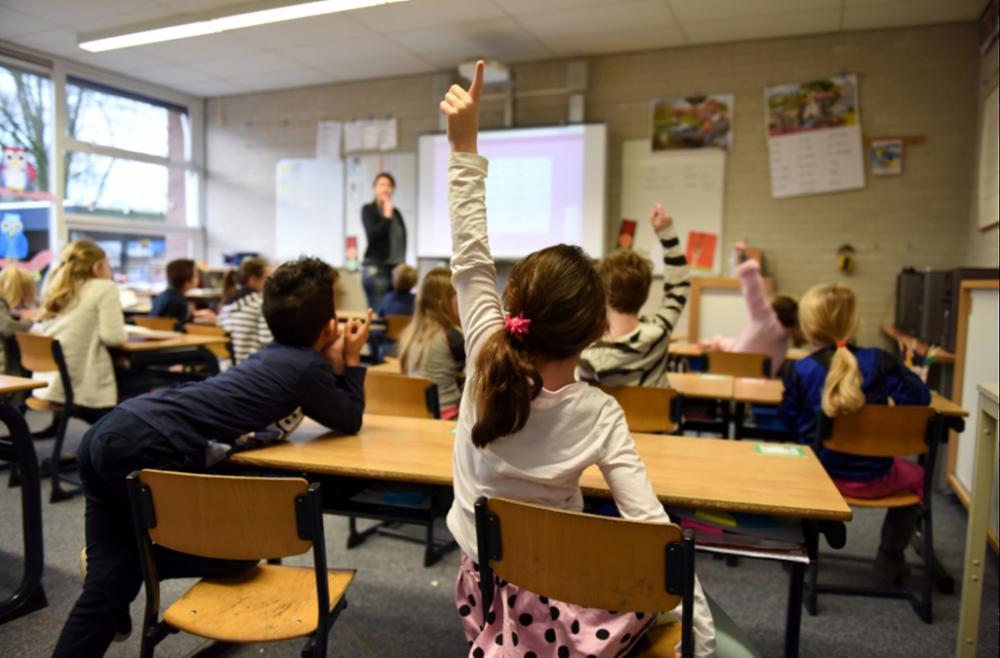
Grounded in two-eyed seeing
Nathalie Reid, the Director of the CTRC, says reconciliation was top of mind during development of the three short trauma-focused courses that comprise the microcertificate, as well as the additional courses currently in development. Educators, counsellors, and Indigenous advocates from across Saskatchewan worked collaboratively on the content with the goal of making it culturally relevant, rooted in Indigenous wisdom, accessible, and applicable.
“Each course was developed carefully and mindfully with guidance from an Elder and is grounded in two-eyed seeing which draws on both Indigenous and western ways of knowing and learning. Our goal is to provide those entrusted with the care of children with the support they need,” describes Reid.
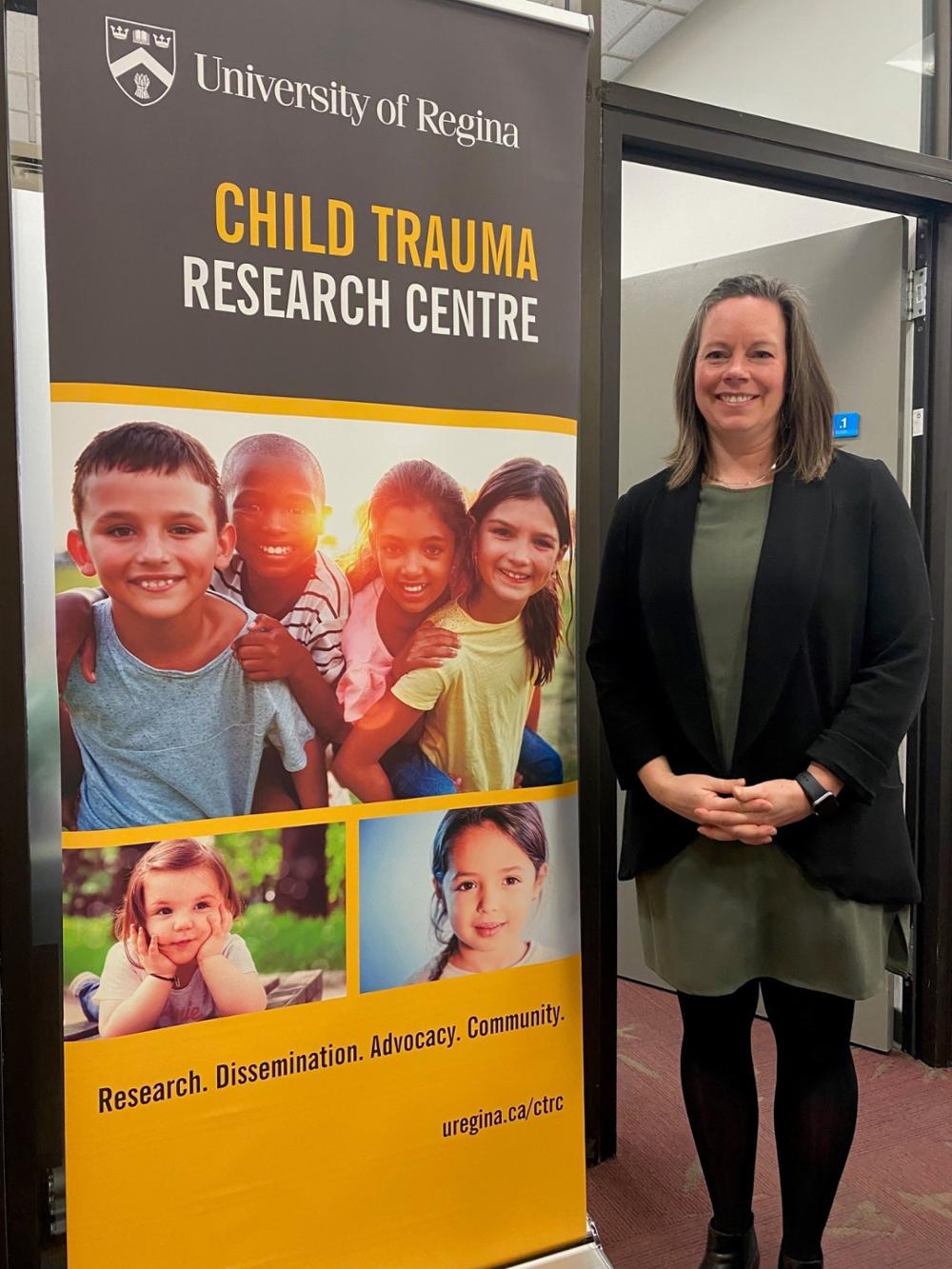
Self-care for teachers
The microcertificate content was developed to support the mental health of both students and educators. Throughout the courses, educators learn how to feel more comfortable with challenging topics and situations by thinking about and learning from their own and their students’ experiences while understanding the root causes of behaviours.
Nicole Turcotte, Associate Director of Professional Learning at Saskatchewan Teachers’ Federation, says the microcredentials are already making a difference in the classrooms of the educators who participated in the pilot and that she’s looking forward to more educators accessing the learning.
“The research is clear. Teachers’ well-being has a direct impact on students' well-being. Teaching teachers how to care for themselves and their students leads to healthier communities,” emphasises Turcotte.
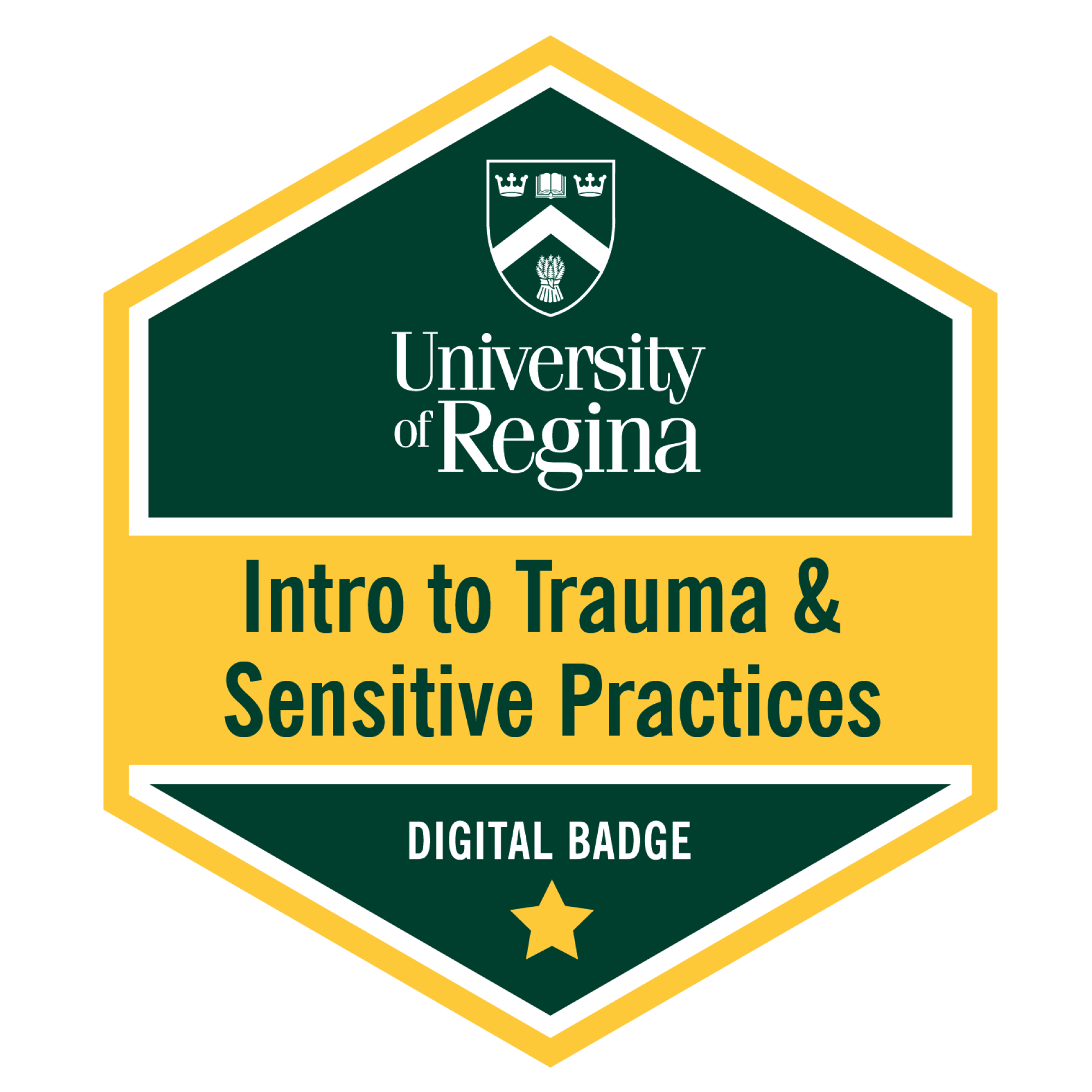
Earn a microcertificate
The non-credit Trauma-Informed/Sensitive Pedagogies and Practices Microcertificate is now open for fall registration through the U of R Centre for Continuing Education. There are two mandatory courses — Introduction to Trauma & Trauma-Informed/ Sensitive Practices and Walking Alongside Indigenous Children and Youth in Schools — with the option to choose from one of two electives: Supporting Refugee and Newcomer Children, Youth, and Families or Creating and Leading Trauma Sensitive Schools.
Educators must successfully pass an assessment for each course to earn a digital badge. They can take one or all the courses and if they complete the two required as well as an elective, they earn the Microcertificate. The digital accreditation is stored in MyCreds and can easily be shared with employers or via social media channels such as LinkedIn.
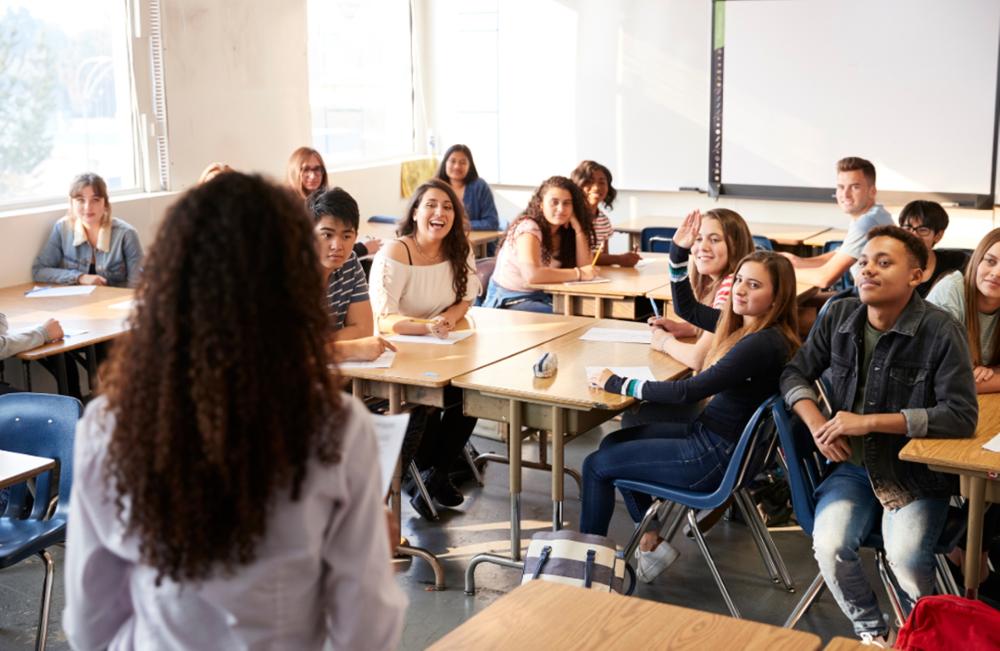
Raylene Forseth is a Mental Health Consultant who earned her microcertificate as part of the pilot project. She works for the South East Cornerstone School Division which encompasses over 8,000 students in 35 schools in urban and rural communities. “The three courses I took enhanced everything I learned in my previous university courses. I walked away inspired and ready to make an even bigger difference.”
The Microcertificate is tailored to educators (both new and experienced), school counsellors, administrators, and student support workers from across the province - but anyone can register including current Education, Social Work, and Justice Studies students, as well as parents. The fall courses are remote except for Walking Alongside Indigenous Children and Youth in Schools which runs over the course of one weekend on the U of R campus. Contact learning hours range from 9 to 14 hours depending on the course, and all courses provide 14 continuing education units (CEUs).
Learn more about the Trauma-Informed/Sensitive Pedagogies and Practices Microcertificate and course options.
Banner Photo Courtesy Canva
About the University of Regina
2024 marks our 50th anniversary as an independent University (although our roots as Regina College date back more than a century!). As we celebrate our past, we work towards a future that is as limitless as the prairie horizon. We support the health and well-being of our 16,700 students and provide them with hands-on learning opportunities to develop career-ready graduates – more than 90,000 alumni enrich communities in Saskatchewan and around the globe. Our research enterprise has grown to 21 research centres and 9 Canada Research Chairs. Our campuses are on Treaties 4 and 6 - the territories of the nêhiyawak, Anihšināpēk, Dakota, Lakota, and Nakoda peoples, and the homeland of the Michif/Métis nation. We seek to grow our relationships with Indigenous communities to build a more inclusive future.
Let’s go far, together.
